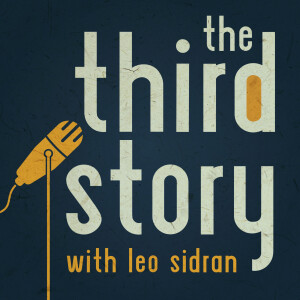
Sociologist and musician Howard S. Becker is 90 years old. While he is best known for his contributions to the sociology of deviance, sociology of art and sociology of music (his book Oustiders from 1963 was one of the first and most influential books on deviance), he also spent many of his early years playing piano in taverns, saloons and even strip clubs.
As a young man in Chicago, while attending the University of Chicago in the 1940s he also studied piano with the legendary jazz pianist and teacher Lennie Tristano, and performed with local players of the day including Lee Konitz and Bill Russo.
In 2009 Becker published “Do You Know…?” The Jazz Repertoire in Action, a book he co-wrote with his friend, colleague and fellow academic-musician Robert R. Faulkner. In it, the two discuss and describe how songs are passed on from person to person and how working musicians’ repertoire survives and evolves.
I spoke with Howard in his apartment in Paris (he spends part of every year in Europe, where he has become something of an academic celebrity in recent years) last November. We talked about how in his day live music was a function of geography, strong union leadership, and cheap beer, and why jazz is like philosophy (the only money is teaching).
This conversation is a companion to the Mobtown series of episodes from 2017, and it features an introductory conversation between my and my father, Ben.
Thanks for listening. If you enjoyed it, please leave a review on iTunes and consider supporting the podcast on Patreon! And now you can also listen to the podcast on Spotify!
More Episodes
 2016-08-26
2016-08-26
 2016-08-11
2016-08-11
 2016-07-14
2016-07-14
 2016-06-03
2016-06-03
 2016-05-19
2016-05-19
 2016-05-12
2016-05-12
 2016-04-01
2016-04-01
 2016-03-17
2016-03-17
 2016-02-11
2016-02-11
 2015-11-19
2015-11-19
Create your
podcast in
minutes
- Full-featured podcast site
- Unlimited storage and bandwidth
- Comprehensive podcast stats
- Distribute to Apple Podcasts, Spotify, and more
- Make money with your podcast
It is Free
- Privacy Policy
- Cookie Policy
- Terms of Use
- Consent Preferences
- Copyright © 2015-2024 Podbean.com





